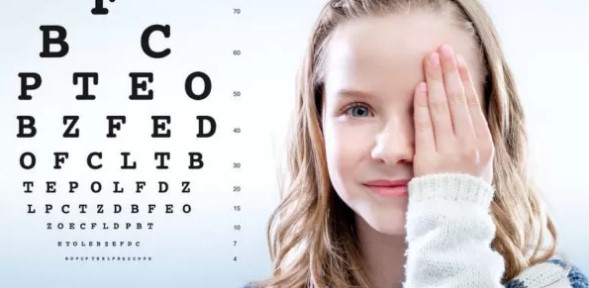In case you don’t know it yet, ophthalmic examination or eye and vision examination can go a long way in saving your life. Many of you probably think that this exam is nothing but a vision checkup. However, eye doctors state that the importance of yearly eye exams mean more than just making sure that you don’t have a blurry vision.
Below are the top reasons why an eye exam is critical and why you need to undergo an annual eye exam to maintain your overall health and wellness.
Vision Screening is Not an Alternative
More often than not, parents assume that their kids can see perfectly well just because they passed the vision screening at the school. Some adults also think that they can see perfectly since they passed the vision screening at the vehicle department. But, these assumptions are far from being correct.
A vision screening is exactly as its name implies. It screens out people with serious and sometimes quite obvious issues with vision. Screenings can pinpoint apparent concerns a person has with certain visual tasks like recognizing signs on the road and other things from the back of the wheel or seeing the classroom chalkboard clearly.
Only comprehensive ophthalmic examination performed by an ophthalmologist or optometrist can guarantee that your vision is as comfortable and clear as possible. This also ensures that you are free from possibly serous eye diseases without noticeable early symptoms such as glaucoma or worse, eye cancer.
Ophthalmic Exam Helps Kids Succeed in School
This one is for the parents. About 80% of what kids are expected to learn in the classroom and outside of it needs good vision. This is true but this statistic requires some revision if you consider the length of screen time kids these days are exposed to.

An annual ophthalmic examination is just one way to make sure that your kid sees comfortable and clearly to become successful at school. This is also a way to determine if kids see their best during sports and other kinds of activities.
Myopia Has Become an Epidemic
After a complete ophthalmic examination, the eye doctor will inform you of the findings and provide treatment options suitable for your needs. There is an ever increasing number of kids who develop myopia or nearsightedness. Most kids even get nearsighted at a very young age. What makes it a big concern? Kids who get myopia early on in their lives have the tendency to suffer from progression and worsening of the condition that can continue throughout childhood. It places them at a higher risk of potentially sight-threatening and very serious eye conditions later on in their lives such as retinal detachment, glaucoma, and cataracts.
Scheduling an ophthalmic examination on a yearly basis is the best means to assess the risk of myopia of your child. Once detected early on, measures for myopia control can be made to slow down myopia progression and lessen your kid’s risks of more serious eye issues later in life.














